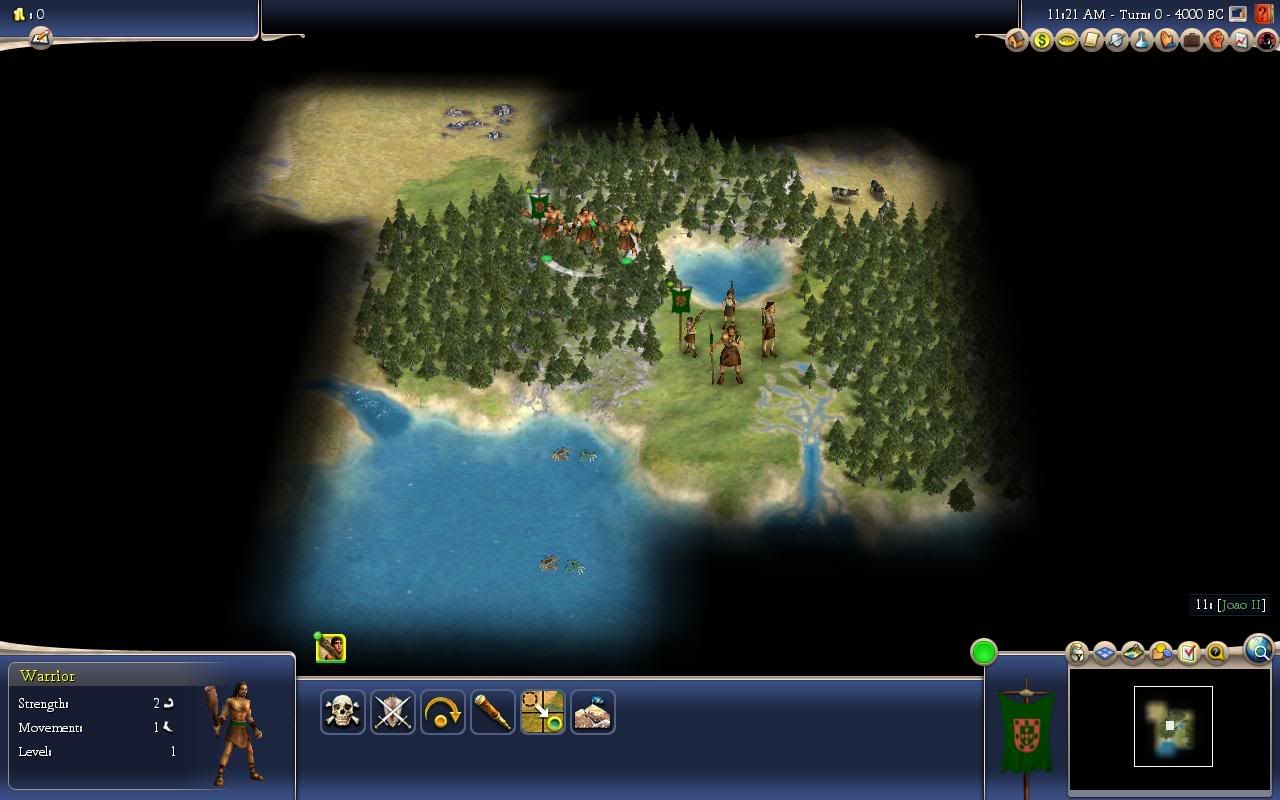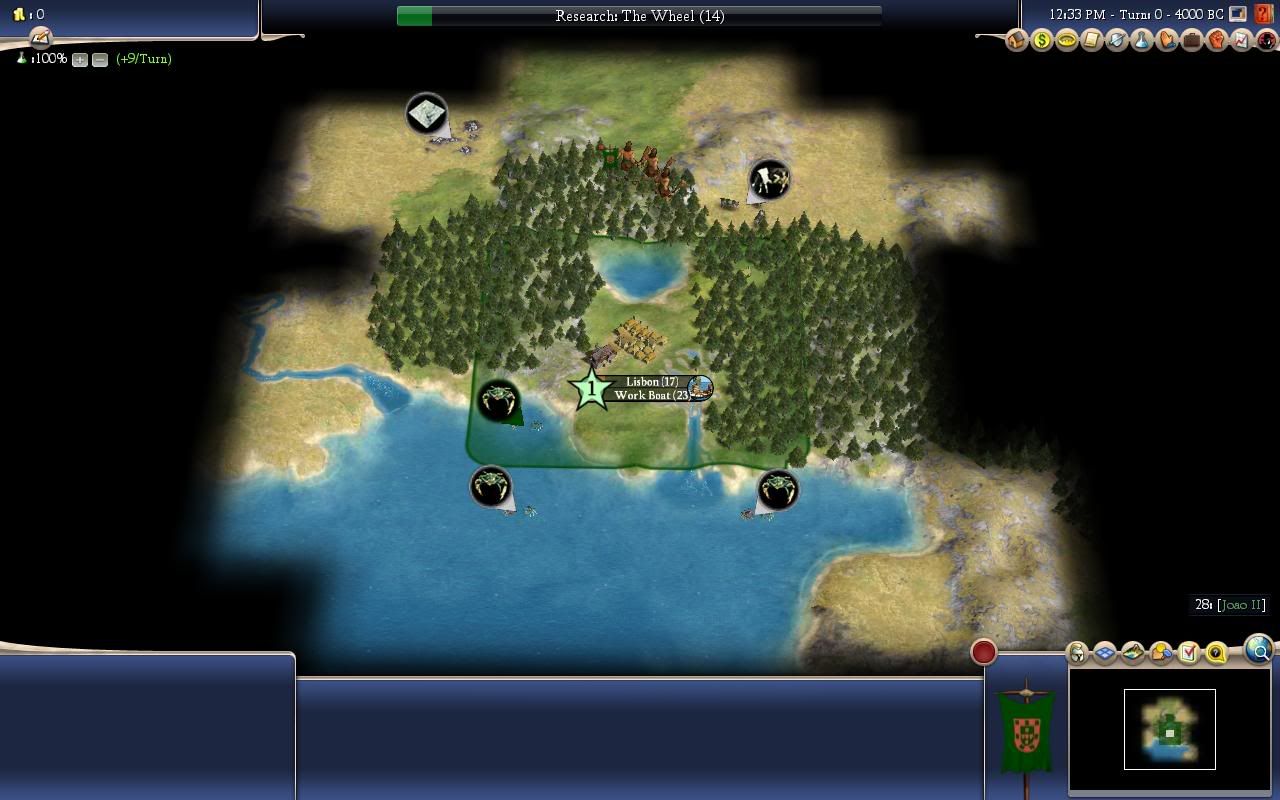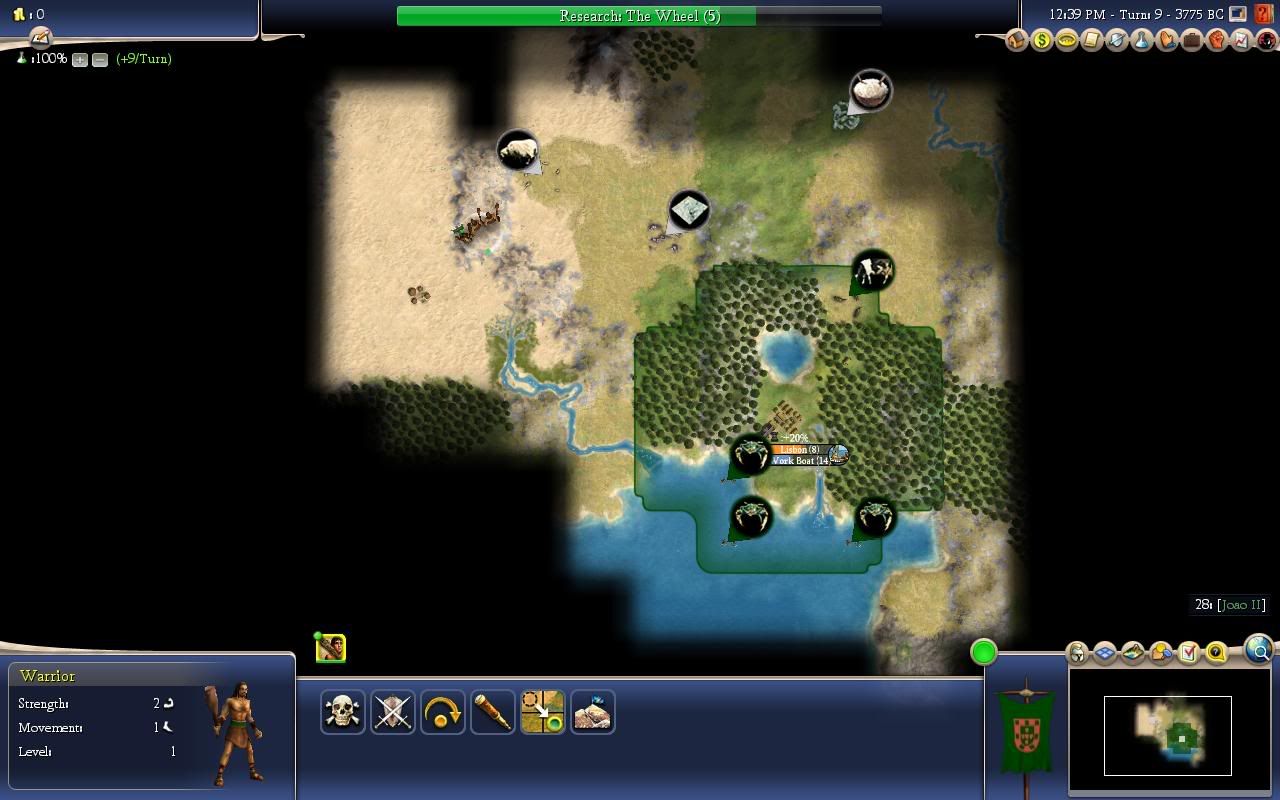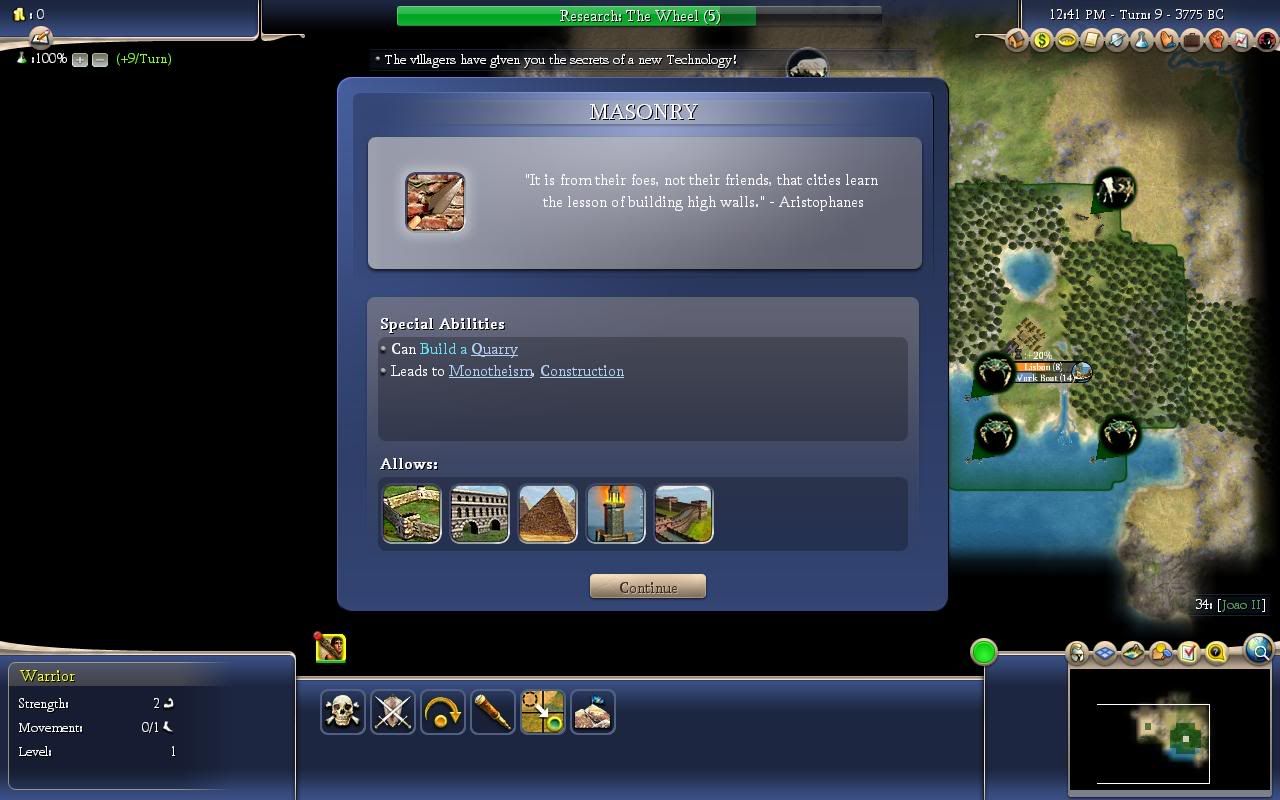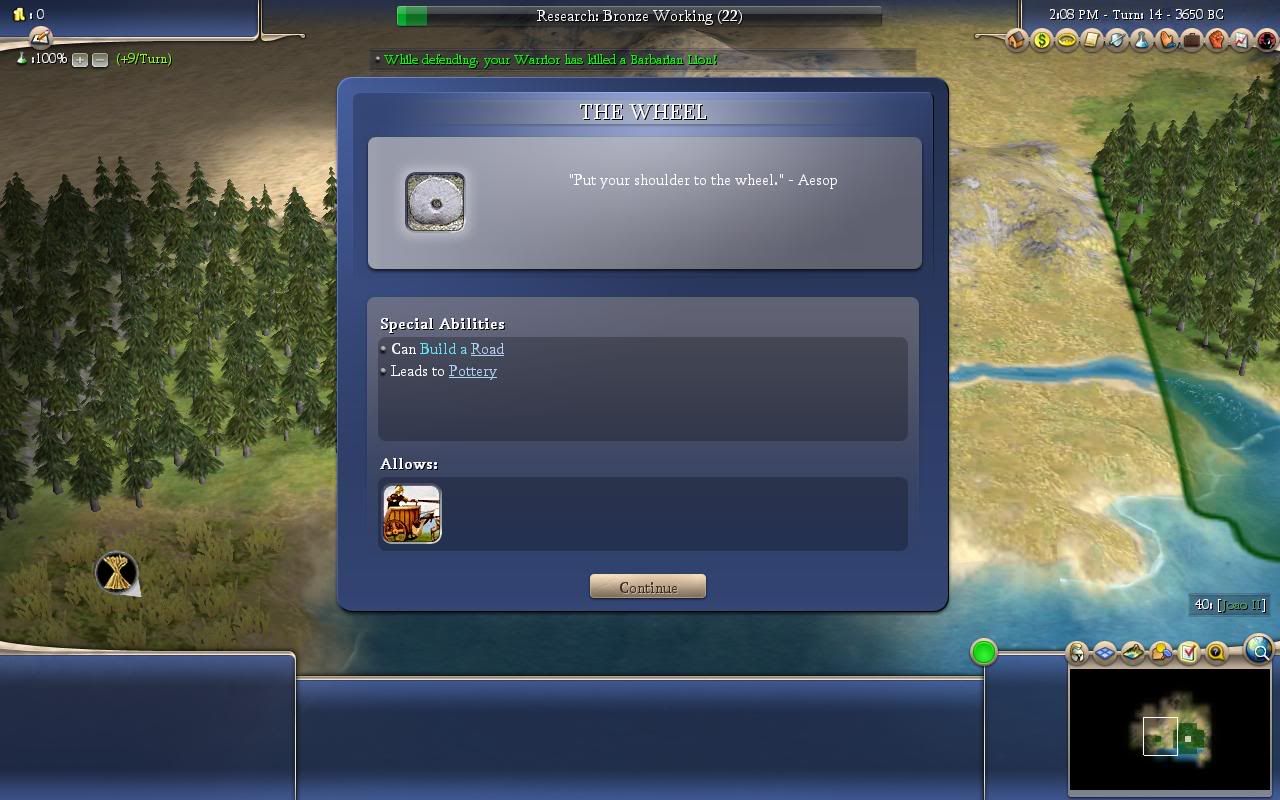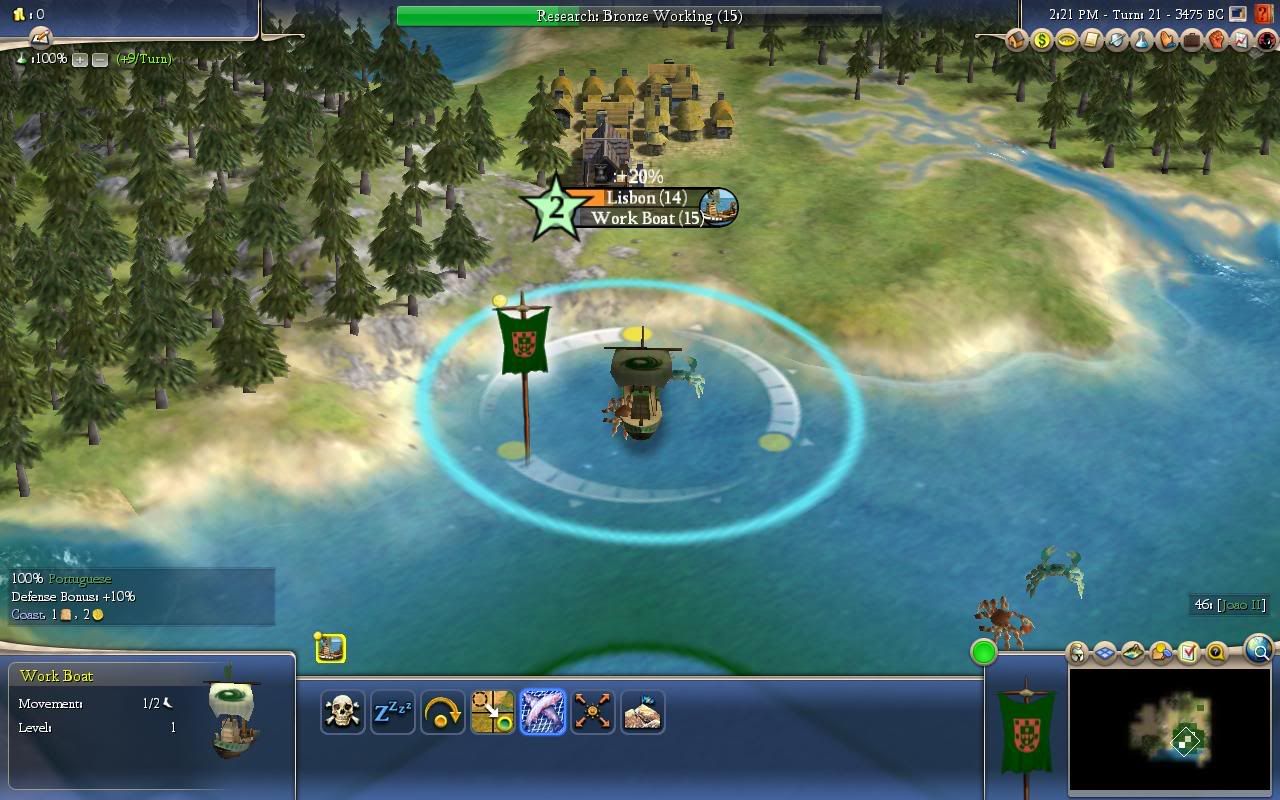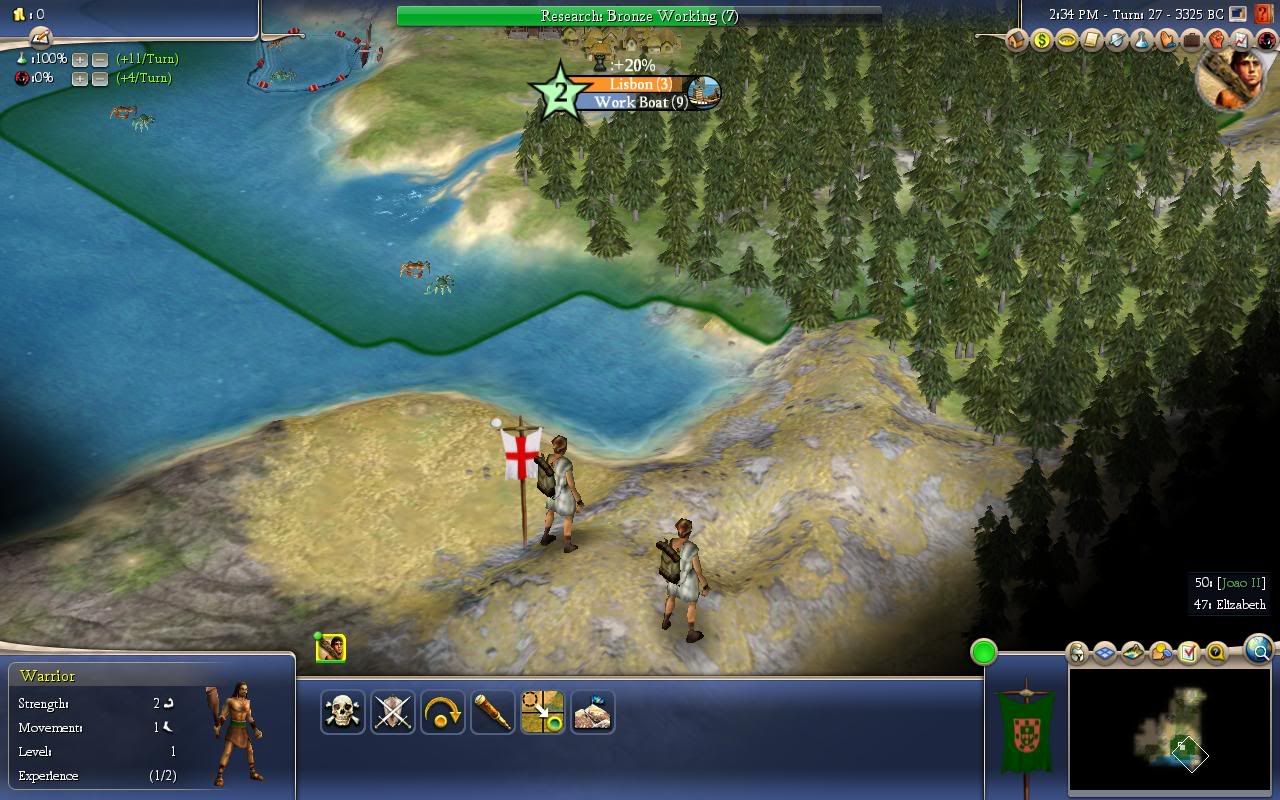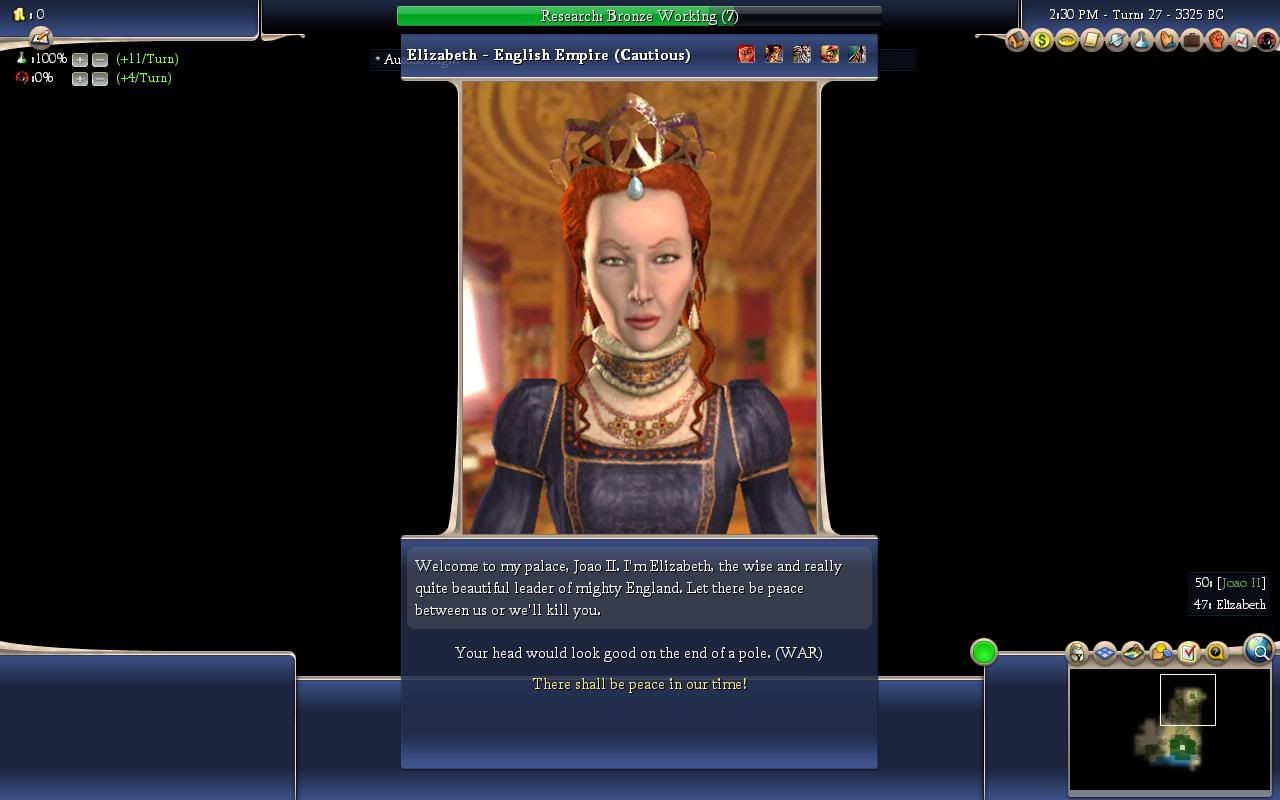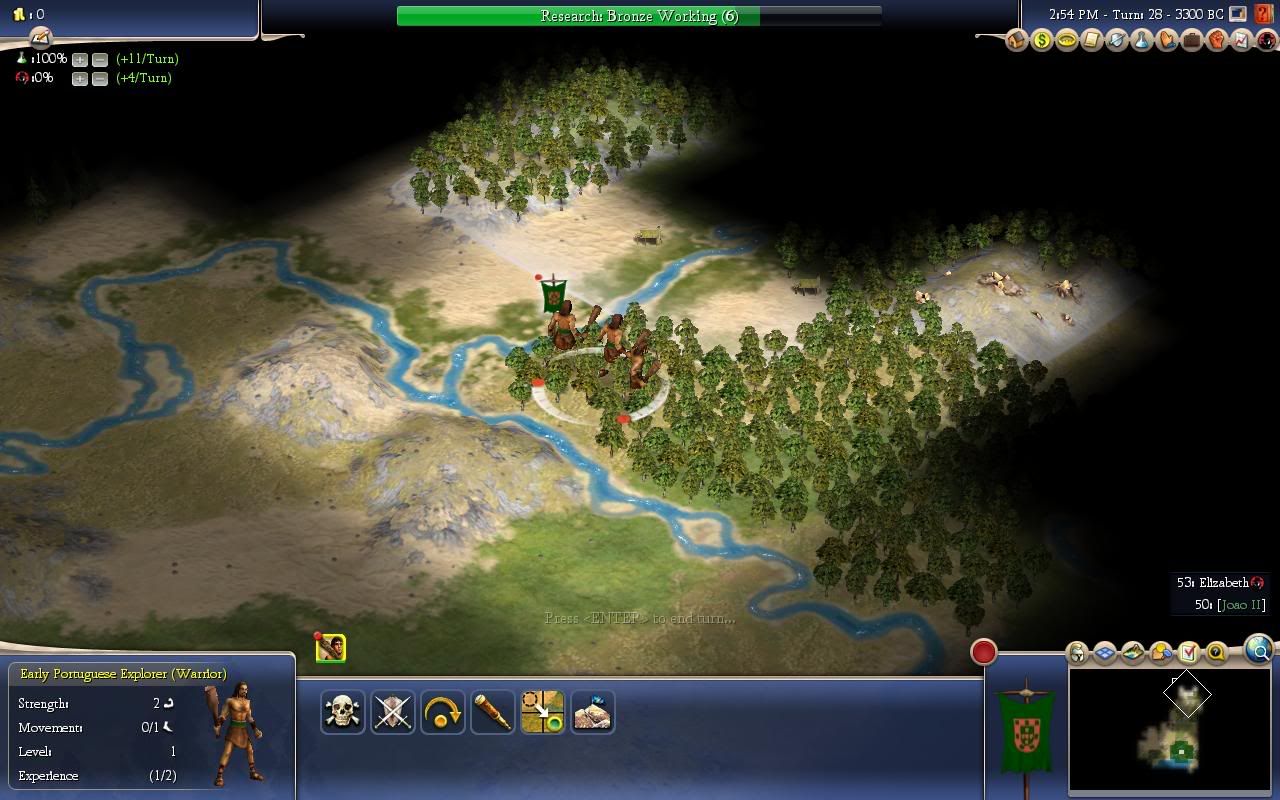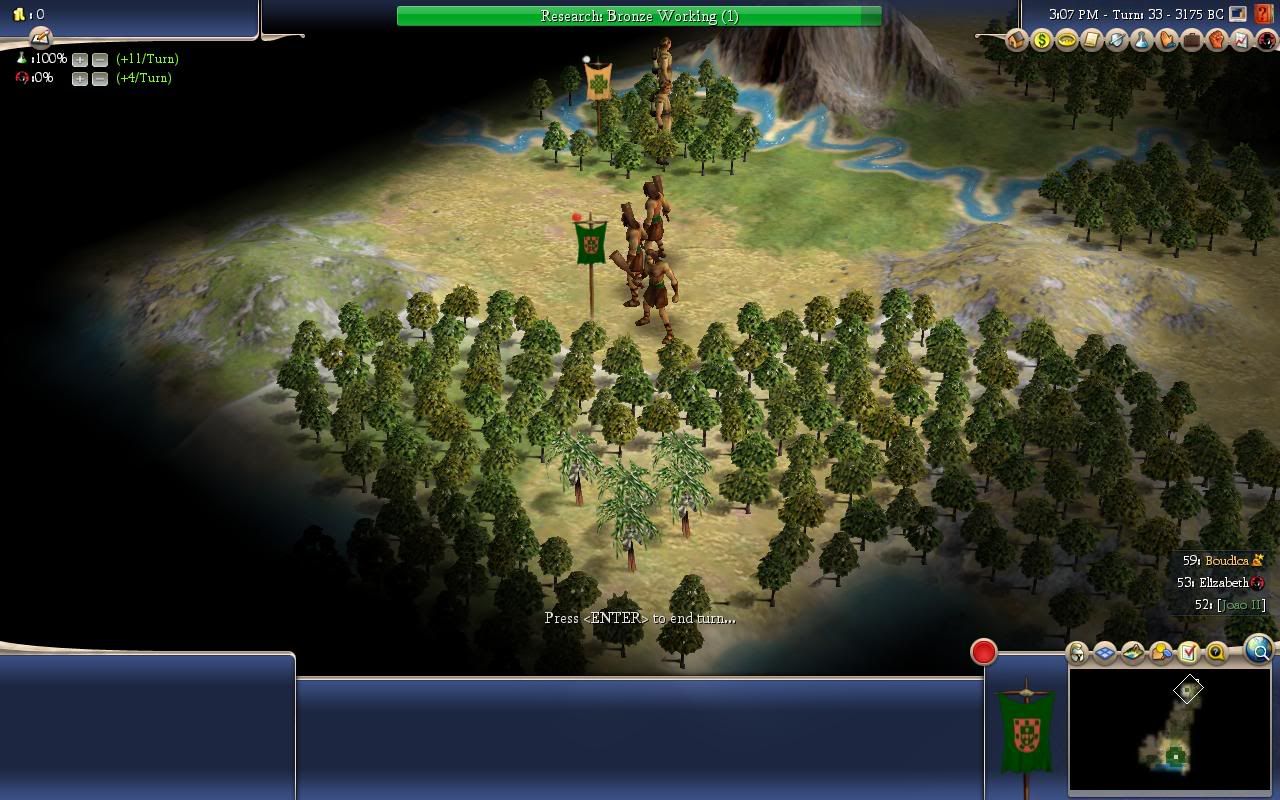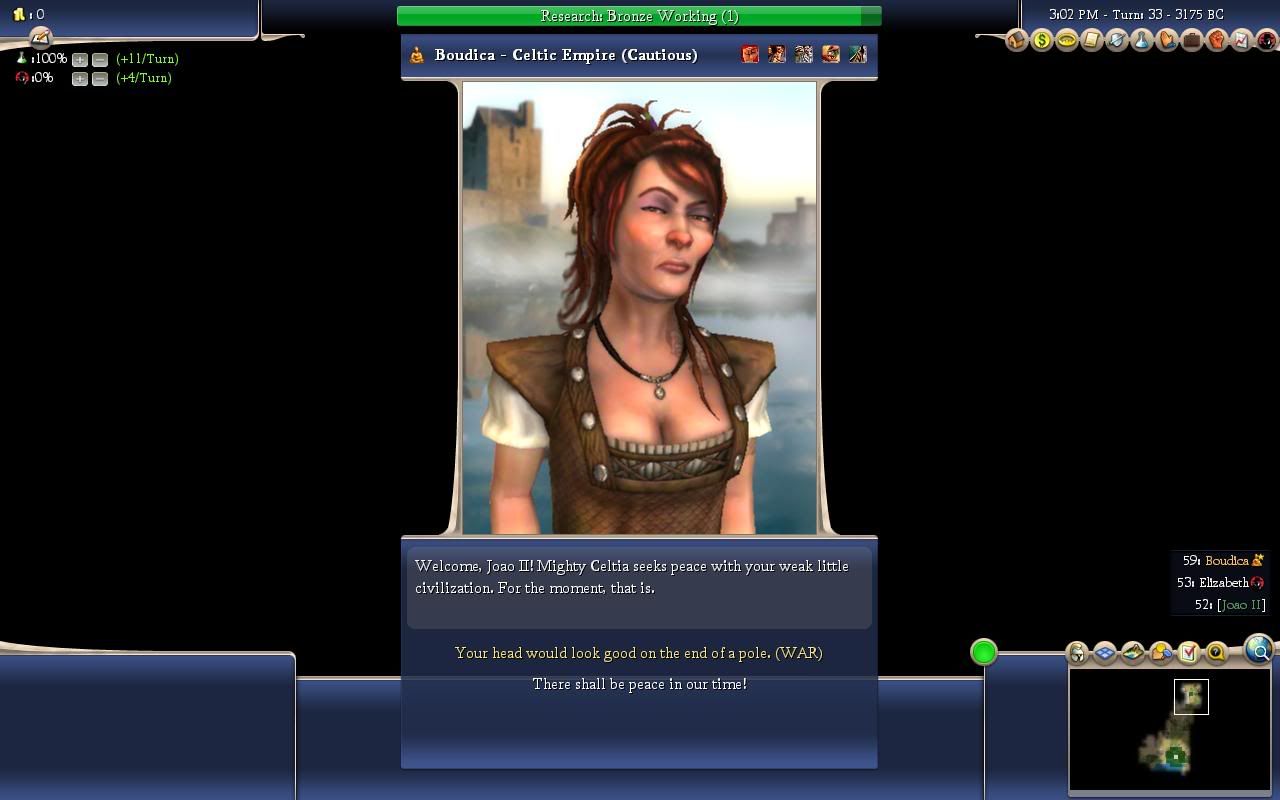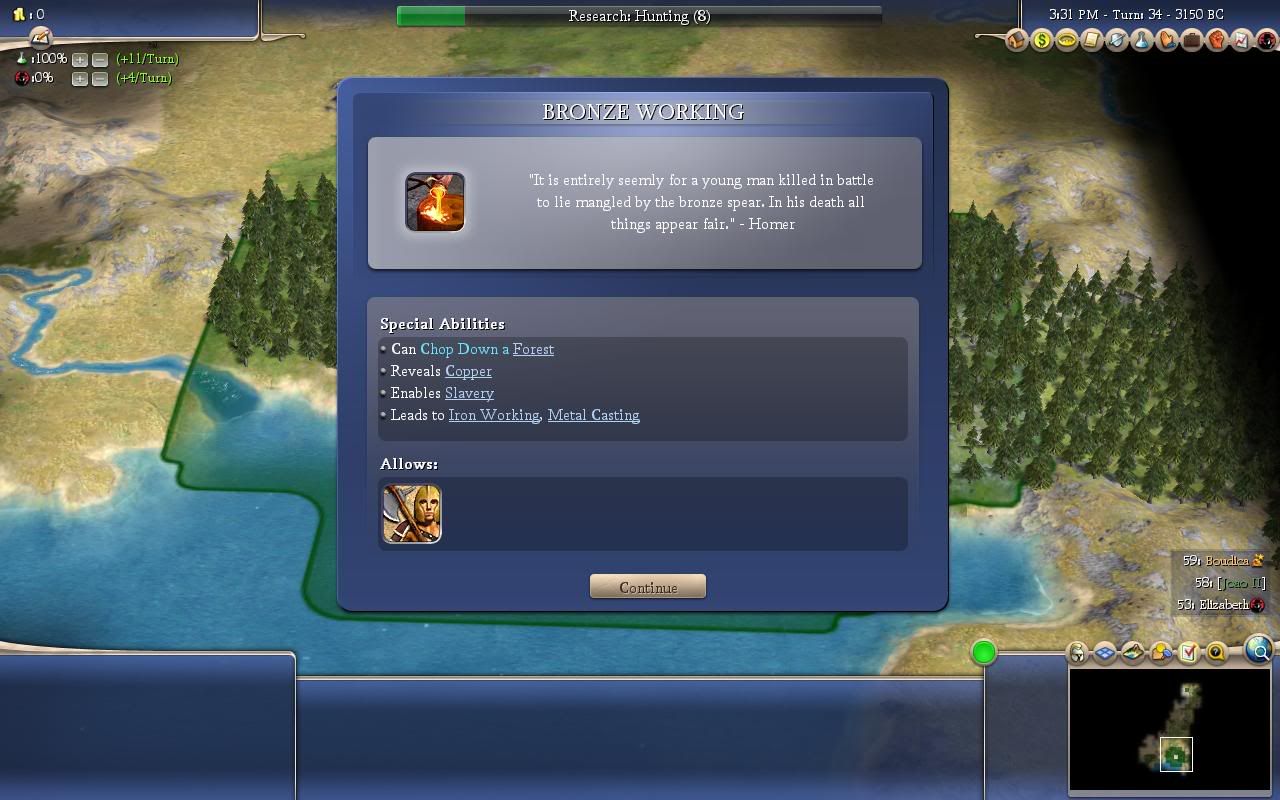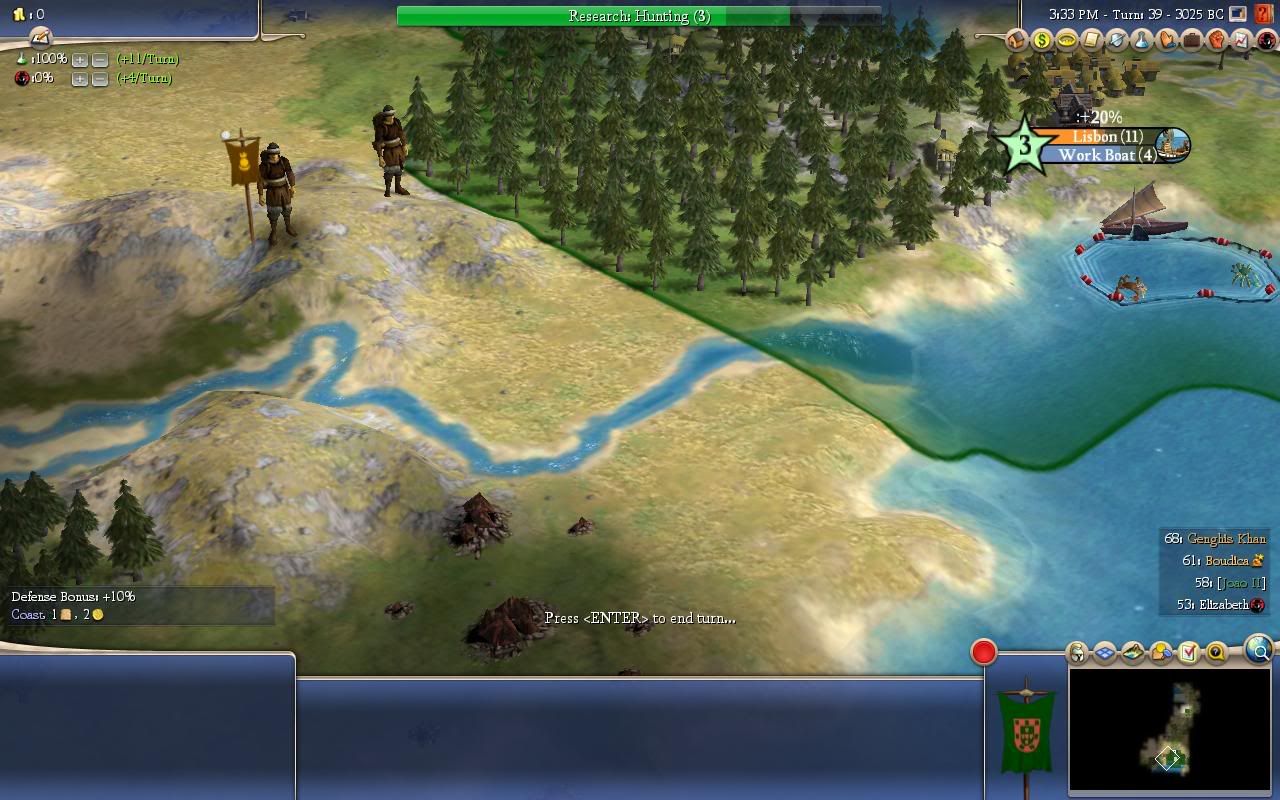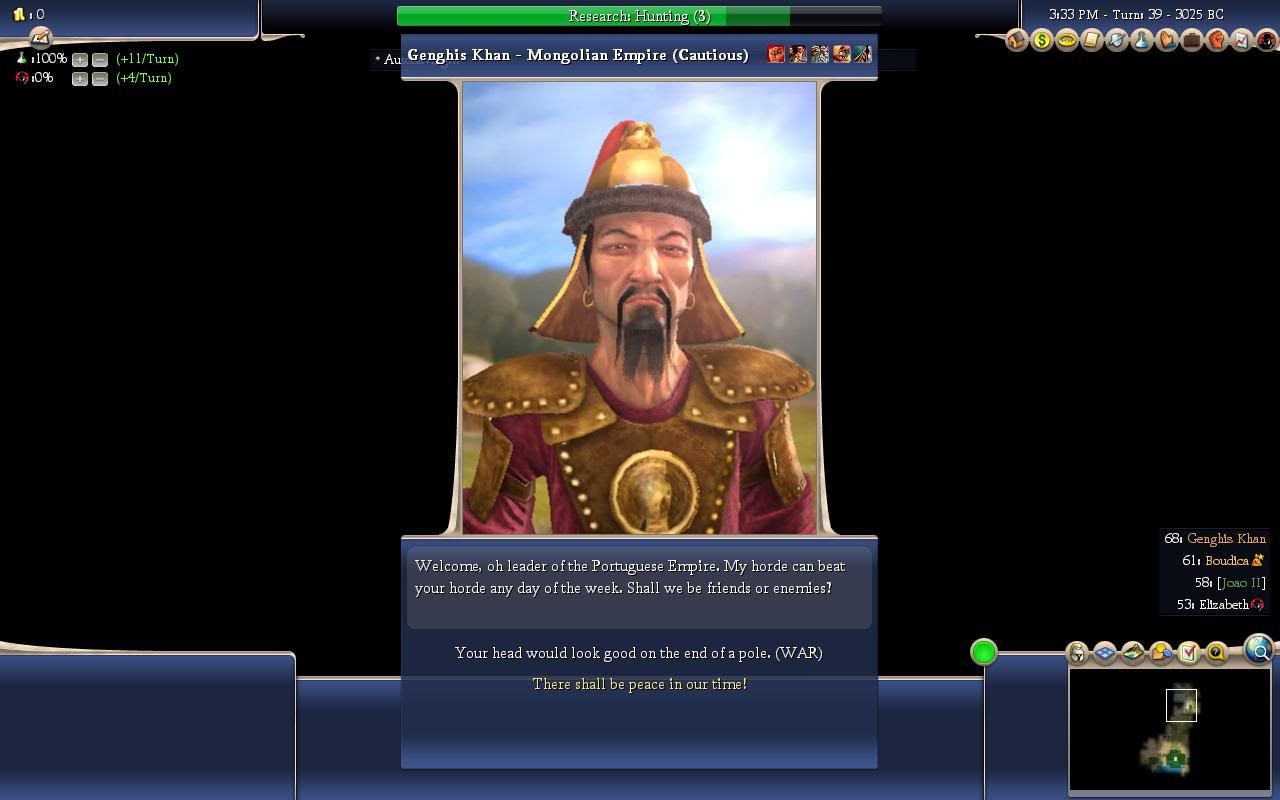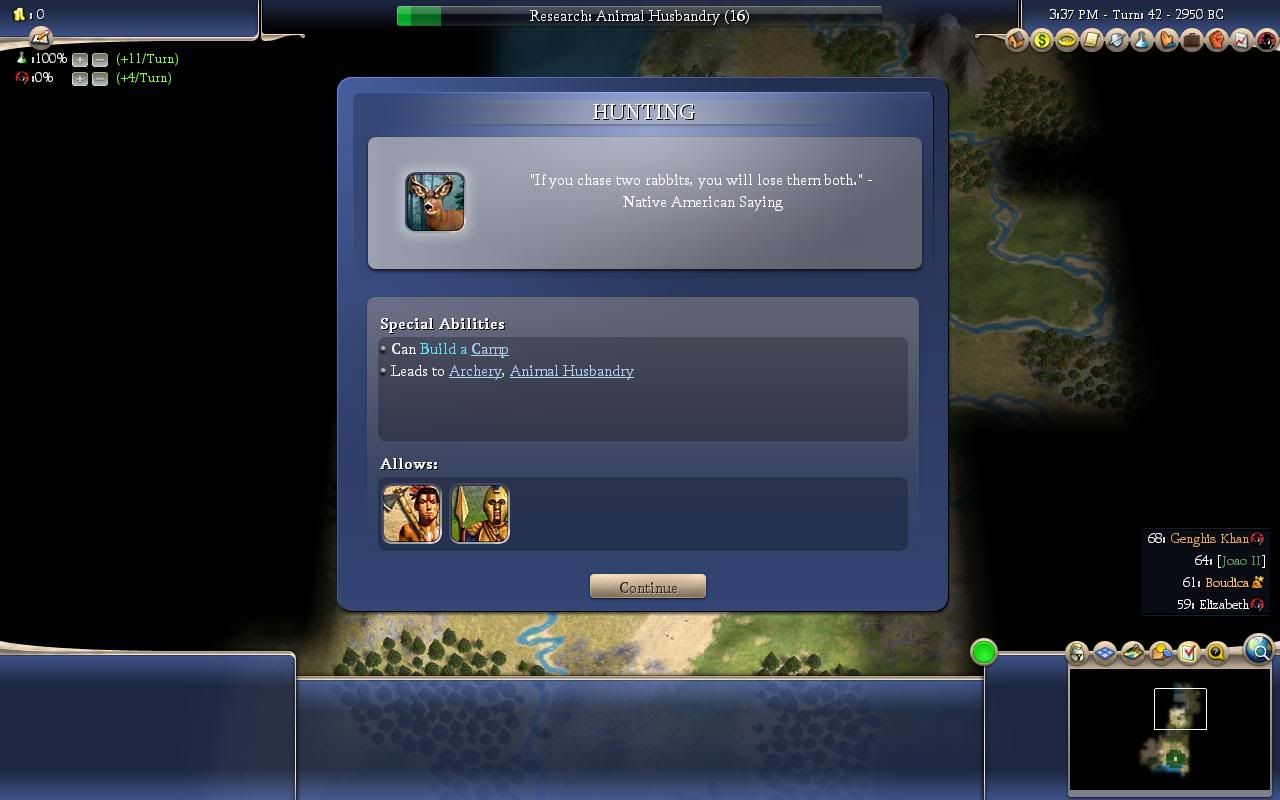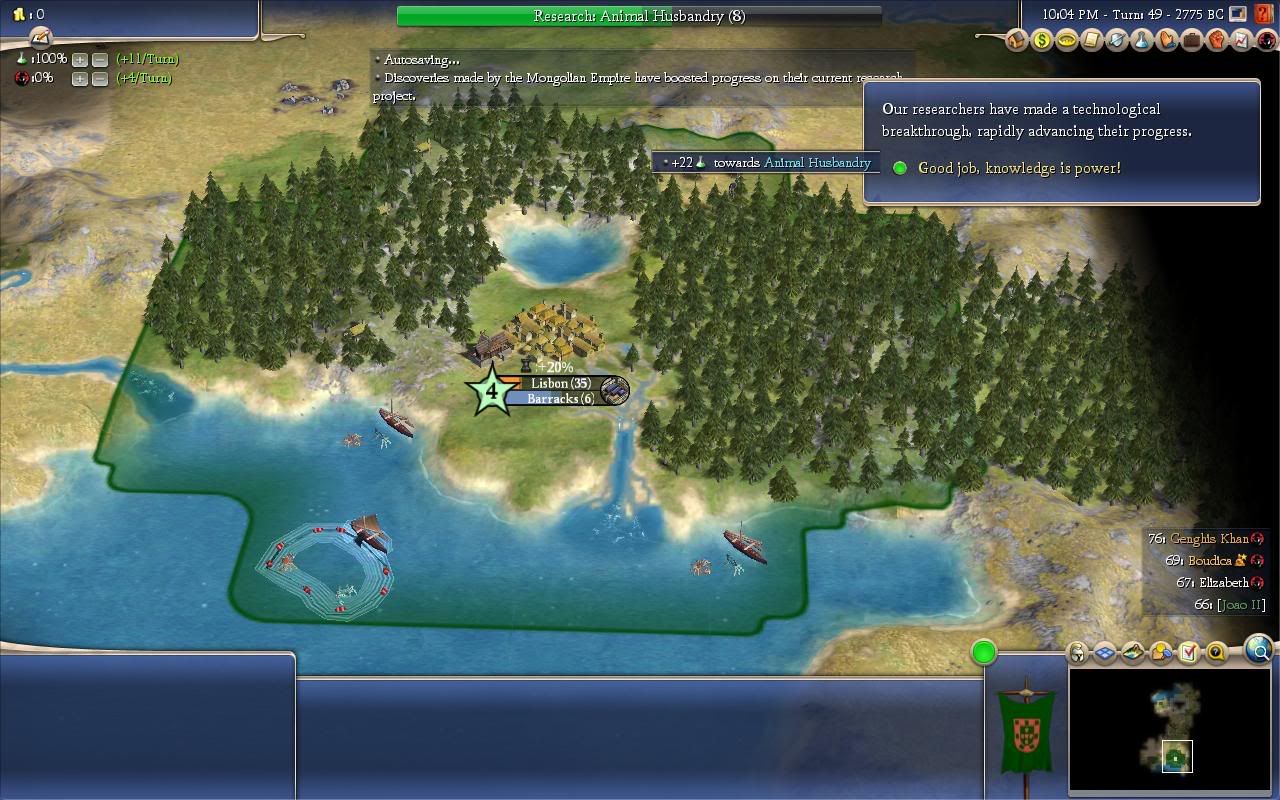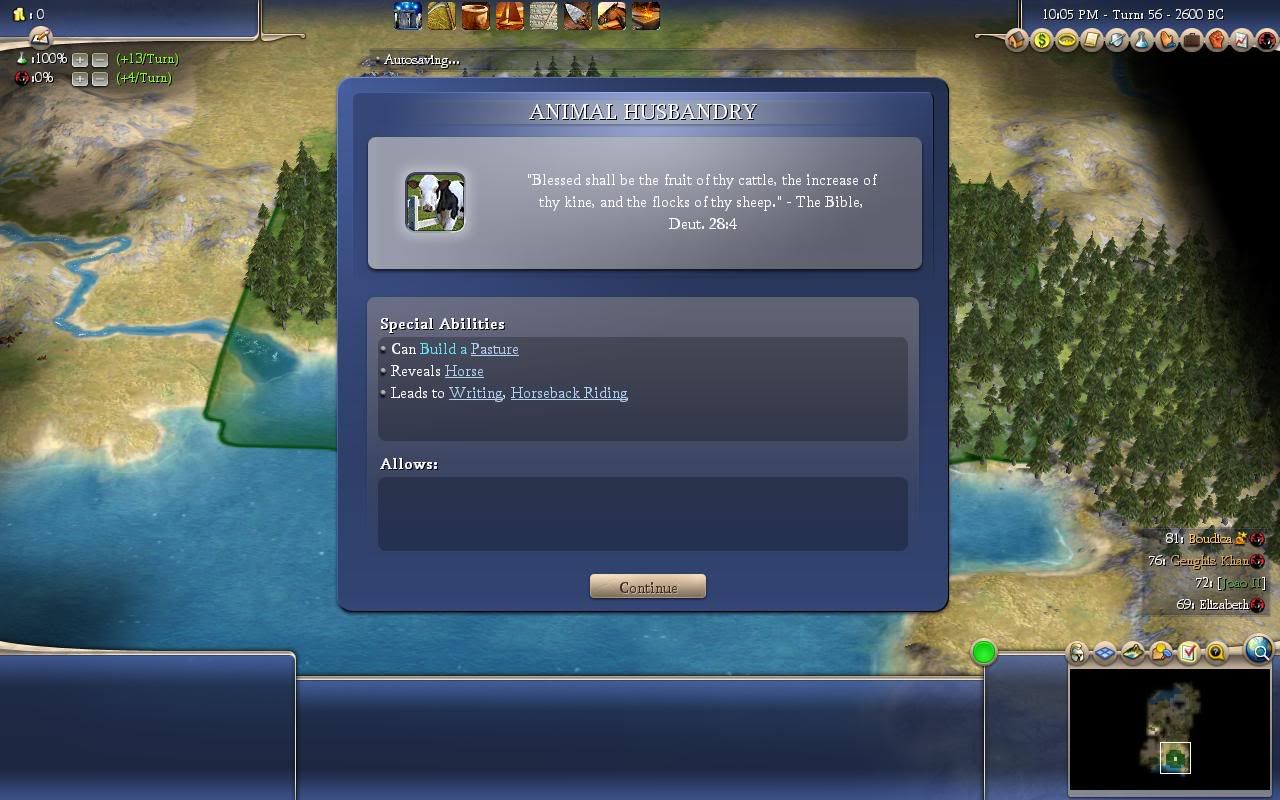The Good Shepherds
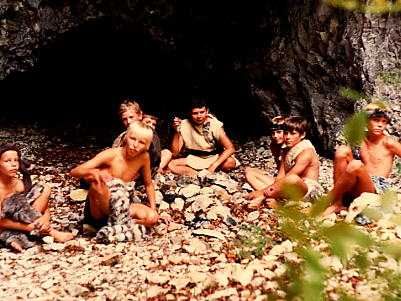
Celso Chifraboi was not a strong Lisbonese villager, nor was he fast or charismatic. He was the opposite: a crude, boorish, apathetic, and overall insufferable young man who would rather abandon his work to go swim in Lake Lisbon than to actually work, never learning from the constant punishment that his family and his group's chief meted out.
His neighbors and even his few friends often gossiped that Celso was the Chifraboi family's punishment for his grandfather's own dislike of the tribal community. The grandfather, they gleefully said, had refused to part to the spirit world, and now the gods were punishing the family for it. They asserted that the Chifraboi family was doomed to ruin, and that Celso was the first of many failures.
But the boy was not entirely without gifts. He was a great observer and had a good memory, but he was not suited for scout work. Celso knew what his family was going through, but he simply didn't care about them. His brothers and sisters would pull through, and he hated the organized life anyway. Often, Celso dreamed of abandoning Lisbon and running away with the small bands of nomads that passed near Lisbonese territory, but he never had the nerve to do so. He was just better being on his own, enjoying nature's company.
When he turned twelve after twelve summers, the Lisbonese age of adulthood, as per custom he was assigned a task that was based on his skills and would determine what he'd do for the rest of his life. The chief of his group must have given up on trying to make the boy more mature, and so he gave him a task which would keep him away from Lisbon: shepherding the cattle northeast of the growing village. He was told to wait until the next day at his
casa longa, the long houses that housed up to three Lisbonese families, until his new shepherding partner arrived to escort him to the cattle fields.
The following day, one of Celso's brothers woke him up, a strange smile on his face, and told his brother that his fellow shepherd arrived. Celso didn't pick up on his brother's amusement, but he realized something was wrong as soon as he met his fellow shepherd.
The boy standing at his doorway looked to be about seventeen. He was very strong, carrying a number of bags which held provisions and even a stone dagger's hilt sticking out of a sack. He had a blank look on his face, but a big, simple smile which seemed to only widen when Celso approached him. Celso's first impression was that his escort was not mentally sharp, to put it mildly. His fears were well-founded.
"Me Fernando!" the visitor began, his smile still wide. "You be Sellsuu? Me be your new sheh-par-deeng partner!"
Celso waited a few moments, hesitant to tell his escort that he was who he was. He considered keeping quiet, but he had to say something.
"Uh, yes, I'm Celso. I'm, uh, pleased to meet you, I guess."
Fernando's smile didn't seem to stop widening. Celso had a brief vision of little spirits pulling the boy's cheeks back to show off all of his teeth. "Goody! Me supposed to take you to camp! Ready?"
"Yeeees, leeeet's gooo tooo theeee caaaamp noooow," Celso replied slowly, mocking Fernando's intelligence. If Fernando was offended, he didn't show. Instead, he just snapped his arm forward, grabbed Celso's wrist tightly, and pulled.
Celso was too shocked at the sudden movement to break Fernando's grip. He was tugged out of his
casa longa and began to get dragged at a good clip northward by an eager Fernando. Celso looked around wildly and saw that his neighbors were all watching him, their grins as wide as Fernando's. A few of them couldn't hold it anymore, and just began cracking up in fits of laughter. The laugh was contagious, spreading to the other villagers.
Everyone near the Chifraboi family's
casa longa was told of the news of who would be escorting Celso to the cattle fields. Nobody would miss the chance to observe the gods' sense of humor when punishing someone, and it had been worth the wait to see the troublemaker get literally dragged out of his own home to do decent work.
When his wits finally caught up to him, Celso tried being polite. "Um, Fernando?" he began, embarrassed from the laughter. "Could you please let go of my wrist?"
Fernando suddenly stopped his jog, but didn't let go of Celso's wrist. He turned around to face his new friend, a surprised look on his face.
"Why?"
"What do you mean, why?" Celso replied, losing patience. "I'm going to be a shepherd, aren't I? I need both arms for that, you know."
"Umm, me sorry, but me not supposed to let go," Fernando piped up after a moment of silence.
"Why not?" the exasperated boy demanded, trying and failing to break Fernando's death grip.
"Because chief say I let you go, you run to lake."
For the first time in his life, the jeering Celso was speechless. Fernando, apparently satisfied with Celso's silence, quickly broke out into another grin and almost ripped Celso's arm out of his body when he resumed his jogging northward, the laughs of the villagers following the two out of Lisbon.
***
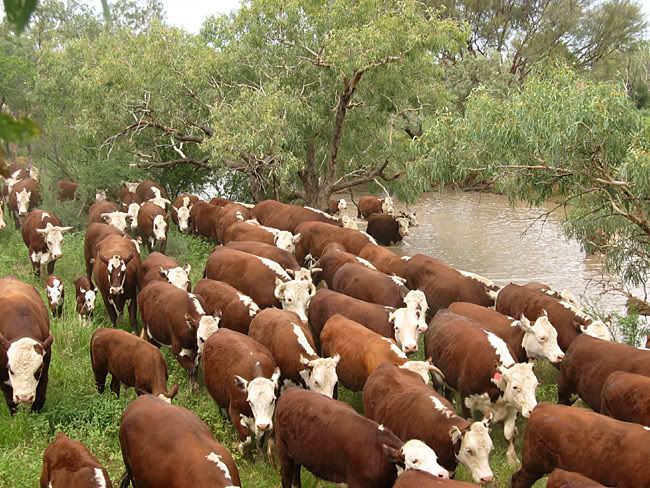
"The cattle harbor," muttered Celso, watching a number of cattle rumble past him near the edge of the northeastern Lisbonese forest, just south of the plains housing the cattle. The term arose from the plains themselves, with grazing areas perfect for congregating cattle neatly surrounded by hills and heavy forests. The area formed a natural pasture, and the Lisbonese applied their naval terms to the land, which did appear to form a harbor. "Guess you have the fishermen to thank for that," Celso continued, talking to Fernando.
Fernando seemed too busy and too afraid to react, watching the loudly mooing cattle run past them. Even though they were hidden behind trees and the cattle weren't paying attention to the forest, the big young man wasn't comfortable watching them.
Celso wondered what caused the stampede. The distant shouts of Lisbonese shepherds calling for order and weaponry suggested a sudden attack by predatory animals, maybe a pack of wild wolves. A number of shepherds suddenly ran past the two boys, trying to keep the cattle running in a single direction by timing their shouts and waving their shepherd staffs. It had the intended effect, because the cattle did as they were told.
After the stampede had passed and the shouting died away, Celso approached his partner. "Well, that was interesting. Let's get going, shall we?"
Fernando only nodded. The two got up and marched down the well-worn path that the cattle had run on. After about thirty minutes, the forests were finally out of sight and the plains had begun. Off in the distance, a camp could be seen, and the wind carried the moos of cattle and faint voices of shouted orders. A further ten minutes brought them farther out in the plains, and reached the shepherding camp. From the rolling hillside, Celso could make out a number of buildings and activities. A sturdy-looking fence stretched out a distance, but it was no pasture that could feed Lisbon on its own.
On the left, a building was emanating the stench of blood and the faint smell of rotting meat, a sick cow was being escorted by a shepherd inside to be butchered. On the center, a cluster of
casas longas appeared to serve as the living quarters of the shepherds, and around it were a number of people testing ox-carts and the strength of oxen in pulling them. To the right, another set of buildings opened their doors and let out young cattle; it was probably the stables and nursery. All around the camp, a number of cattle were grazing, overseen by single shepherds who made sure they didn't stray.
A pasture at work.
As the two boys neared the center buildings after asking a lone shepherd for the camp's leader, the activity of the pasture surprised them. It seemed to be very active work despite its laid-back appearances. When they entered the biggest
casa longa, they found a very large and strong man chewing out a cowering laborer. He seemed to have been under fire for some time.
"I don't care if they're wild dogs or wild wolves! You don't drop your staff and run when wild animals attack your herd!" the big man was yelling, pointing at the other one. "What you DO when that happens is call for help and try to scare away the wild animals! You don't leave your herd to die!"
"But I was scared!" protested the little man, trying to justify himself.
"So were your cattle and the other shepherds who had to beat away the animal attack," countered the big man, his voice low but fuming. "No wonder you were not a good recruit at the barracks back in Lisbon. Get out of here."
"But I-"
"I told you to get out! Oh, that does it. You're getting stable duty for twenty days!" the big man roared. "Come see me tomorrow and I'll hand you your new tools!"
Resigned and afraid to agitate his boss further, the pale man ran out of the hut, grabbing a shepherd staff as he did so. His attacker had turned his eye on Celso and Fernando, eying them suspiciously.
"Who are you two?" he demanded, approaching them.
"Me Fernando and this-"
"I'm Celso and he's Fernando," Celso interrupted, stepping forward and sharply elbowing Fernando aside. If someone was going to take charge, it had to be Celso. "We're the new shepherds from Lisbon, sent ten days ago to this camp."
"Welcome, then," the big man seemed to relax, trying to make a good impression. "I am Luis. I am the leader of this camp. I want to know, though. You seem to just have become of age. Why is your friend so much older and just got sent here now?"
"Fernando was warrior for a time, but leader say Fernando not fit for in-tell-eck-tchoo-al warfare. Got brawn but not brain, he say." Fernando seemed to be proud of this.
"Oh," Luis said, seeming to falter. "Well, don't worry. You'll do... easy jobs."
I hope I get to shepherd the cattle on the range, thought Celso as he scratched his chin.
That is an easy job!
"Right. If you want to be a shepherd, you have to do what I say, do it well, and do it all the time," Luis began, all business. He probably gave this speech before. "Unless you want to end like Flavio there, working the stables, you'd better act like the wolf and not like the cattle, do you understand?"
"Yes!" the two boys said in unison.
"Good! Celso, you seem like you have a good head on you, if nothing else. Go join Monica outside. They're testing how strong each of the newborn oxen are by making them pull carts. Go help them memorize the strongest."
Celso obeyed, convincing himself that it was better than stable work. He grabbed a shepherding staff from the doorway as he left, but before he exited, Luis said, "Fernando... go oversee the cattle outside. Make sure they graze plenty and bring them back at night."
"I go protect moo-moos!" Fernando cried enthusiastically, grabbing a second staff and running past Celso towards an idyllic group of grazing cattle.
Well, at least he'll have fun, thought Celso as the cattle looked up and saw the approaching madman.
***
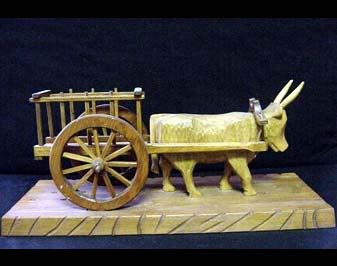
For a time, Celso did as he was ordered. His memory served him well with the ox-cart testing, but his acerbic nature often landed him stable and butcher work, things that he absolutely despised if only because the smell was unbearable. He learned to control the more annoying side of his personality, at least around his superiors.
A few years passed, and Celso began to understand the reason the cattle were getting a lot of attention from Lisbon. The sages of Lisbon, elderly men and women who dedicated their minds to the pursuit of truth behind nature and the gods, looked at these lumbering beasts and saw the potential to make them as useful to Lisbon as the crabs of the sea. Not only did the meat of the cattle taste good when cooked over an open fire, the cattle themselves were excellent cargo animals, as the entire village knew.
While he hated the regimented life in Lisbon, Celso felt at home in the fields tending to the cattle. His memory and observation drew the attention of Monica, the head of the ox-cart testers, but any ideas of friendship between them were quashed by Celso's lewd and disrespectful comments towards the young woman. She regarded him mostly as a noisy brat who just happened to be her colleague.
It was during one of the ox-cart testing days that Celso raised an important question, brought on by what at first glance appeared to be a stupid question from Fernando, but after giving it some thought, was a good observation all along.
"Fernando asked me this earlier, but is it just me, or do the bigger, stronger oxen come from the bigger, stronger parents?" Celso asked his colleagues. They stopped working as they turned to look at him. Monica, who gave Celso the benefit of the doubt on this, asked him to elaborate.
"Well, here's what I think. You spend a lot of time looking at these oxen, right?" he turned to Monica, a grin on his lips. "I mean, YOU spend a lot of time looking at how big they are, especially the lower regions of the male ones."
This comment drew a few quick laughs from the male shepherds, but Celso was serious again. "You keep records of their weight and size of the carts pulled in your hut, don't you? If you start doing that but note what bull is mating with what cow, we may get a rough idea of how strong the baby will be, depending on how big his father is."
Monica dismissed Celso to stable duty for ten days due to his lewd remark, but considered what he said about the offspring. She memorized and later drew the weights of the oxen, but the following days were spent recalling memory and looking over her crude records. About forty days later, when another group of cows were giving birth, she put Celso's theory to the test, drawing information from the other shepherds on what bulls eloped with the birthing cows.
The results, memorized a number of days later when the young cattle could safely pull ox-carts, were promising. It really did seem that bigger parents meant bigger offspring. Monica relayed this information to Luis, who in turn asked Celso and, for good measure, Fernando about their observations. It all made sense, if one thought about it. It seemed to be the case with people. Luis traveled back to Lisbon to relay this information to the sages, who tested the theory for themselves by sending a few of them to the ox-cart testing fields the next time they were scheduled.
It seemed that the area would need a lot more study, but the sages agreed between themselves that this could be a breakthrough in their work.
***
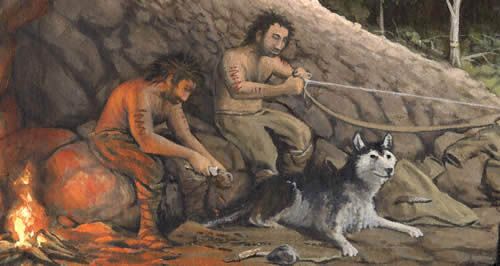
While Celso, Fernando, and Monica couldn't live to see what their work had done, they all died peacefully, knowing that somehow they had done Lisbon a great service besides just tending cattle. Their ideas progressed to the other shepherding camps around the plains, which improved the output of the cattle. Improvements led, of course, to an unified breakthrough.
The philosophical implications of animal husbandry, as new sages called it, was long-lived in Lisbon for generations. Families were encouraged to strengthen themselves physically and mentally to pass on these qualities to their children, and the idea that bigger and stronger meant better also made its way into the military of Lisbon, encouraging fresh recruits to train at the newly-created Lisbonese barracks to obtain experience before tasting battle. An odd side effect of this philosophy was that military units be split into three different battalions, mirroring the trio of Celso, Fernando, and Monica, although this has been long forgotten by the Portuguese and has become a military tradition in its own right.
Future plans for 'the cattle harbor' were completed much later in Portugal's history, when a large number of organized Lisbonese laborers reworked the entire camp system into a number of large unified pastures to maximize cattle output. This allowed for beef, meat, and milk to become a part of the Portuguese diet and fuel later military mobilizations, making the Portuguese people hardier and healthier over time when seafood just wasn't cutting it anymore.
At some point, somehow, the Chifraboi family's curse was lifted, and the gods were satisfied.

